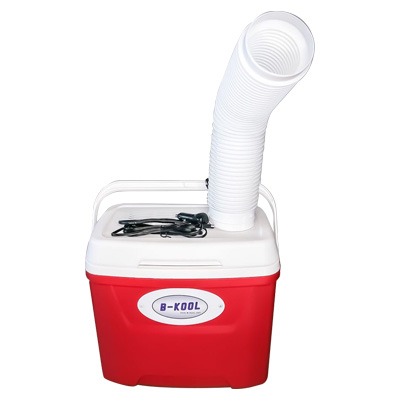FlyingAlly
Well-Known Member
I just got a job doing pipeline patrol for a company in Texas. I was told that I would have to take an Operator Qualification written and oral test. Anyone have an idea of what is covered in an OQ test? The company wants me to handle most of the southern lines that they inspect, so I'm expecting to have a very busy schedule and gain tons of hours especially being low and slow. Any words of wisdom are greatly appreciated.


